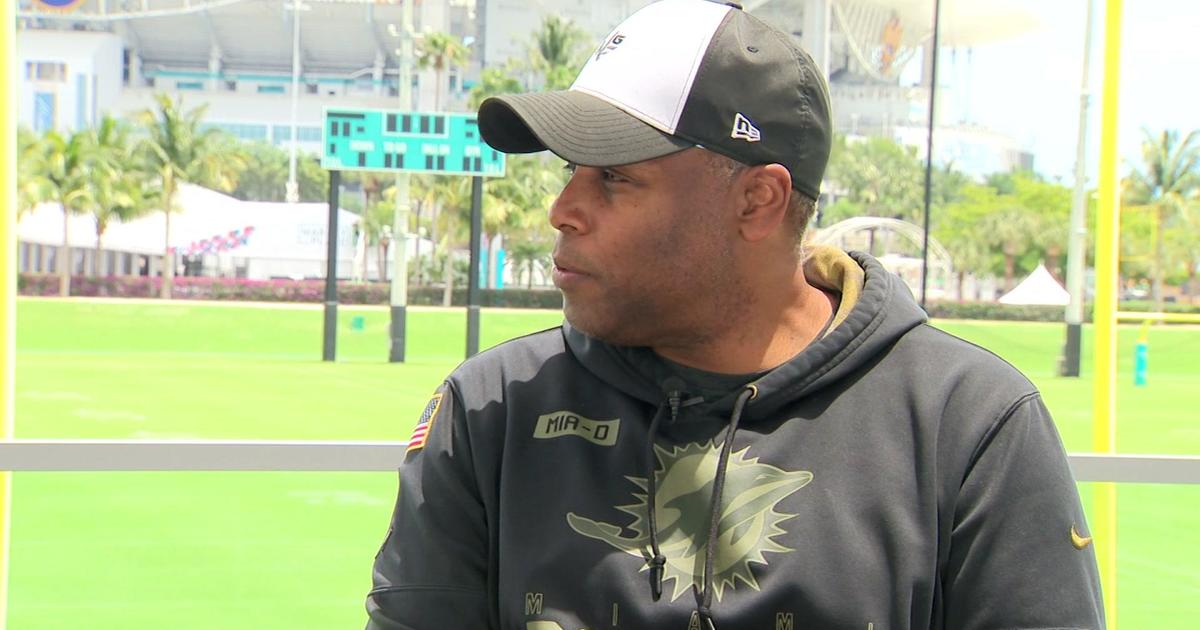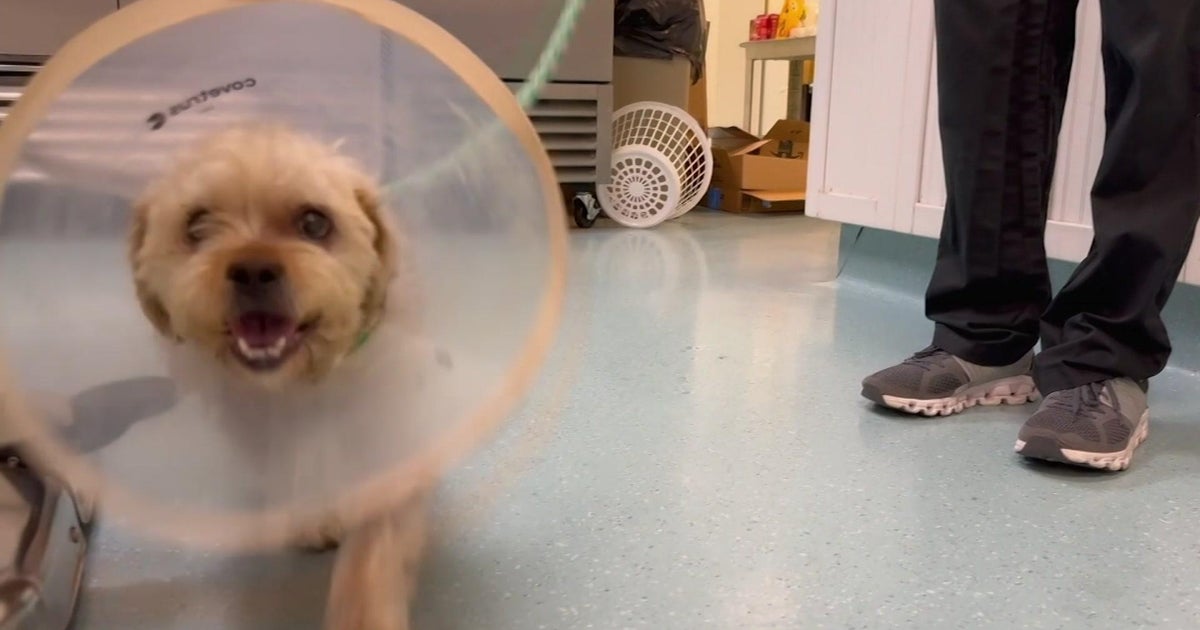Large Animals Need Special Storm Assistance
FORT LAUDERDALE (CBS4) - Pet owners know they need to make provisions for their dog, cat, or other small animal, but it's a bit tougher for folks with large animals like horses. Just as small pets need special attention, large animals need to be helped through the storm, and not every owner knows the best course to take.
Broward County emergency officials offer a number of tips for making sure your large animals get through the wind and the rain.
- Horses should be kept on the owner's or caretaker's property, if possible. If you plan to evacuate your animal out of the area, do so early.
- In a Category 1 storm, animals may be safe in a sturdy barn. However, in a Category 2 storm or higher, animals are probably safest in a large pasture with room to move around, allowing them to utilize their best instincts, if there are no electrical wires that could come down and the fences are in good repair.
Do NOT tranquilize your horse or large animal!
- Make sure your animal is well identified by spray painting your phone number on your horse's body; attach a fetlock band or mare band with your name, address and phone numbers in permanent ink; braid a luggage tag into your horses mane or tail close to the body (be sure its water proof).
- Be sure to have photos of you with your animals, including any unique markings, to prove ownership.
- Be sure that your horse is wearing a leather halter which will make it easier for someone to catch your horse if it gets loose.
- Plan for water (20 gallons per animal per day) and feed and hay.
- Have on hand a supply of basic first aid items, i.e., bandages, anesthetics, etc.
- Do not stay with your horse. You cannot help a frightened, thousand pound animal, and you may get hurt.
Flooding Precautions
If flooding seems likely, the following reminders are also important:
- Move your large animals to high ground
- Cleanse animal's feet and hooves with iodine. Once the iodine dries, the feet and hooves should be covered with Vaseline or petroleum jelly for protection from standing water and infection.
- Feed and hay should be moved above ground at least three feet to avoid water damage and mold.



